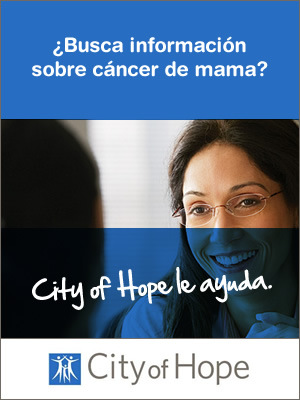
21st Century Literacy Skills: It’s Fundamental!
10/29/2015 12:00PM | 6721 viewsby Gil Narro Garcia
“Literacy” is complex. At its basic linguistic core, it means proficiencies in listening, speaking, reading, and writing a language. For many Hispanics, literacy places heavy demands and exacts a heavy toll, regardless of having grown up in a household where English, Spanish, or both were the medium of communication. You are born to communicate, but you are not born literate! This is a skill-set that evolves from your successes as a student and as a life-learner. In short, even if your schooling was not optimal, you can and should increase your literacy skills. For Hispanics, the stakes are very high.
Let’s start with listening. It’s a skill that should not be confused with hearing. Hearing is a biological function, though you can train your ears to hear sounds and words accurately. Listening, on the other hand, is a social phenomenon. As you grow older, the social, school, and workplace contexts require that you learn to decipher communication styles and behaviors between and among friends and colleagues. Listening is tempered by cultural contexts as well. The next time you overhear an exchange between persons not of your ethnic or racial circles, try to discern how they pace their conversation and how they start or finish a topic. Listen also to their intonation sequences. Finally, proficient listening has an impact on your abilities to speak clearly so that you respond appropriately and so that others can understand you. Accent is but one facet of this skill.
Speaking, the second component of literacy is not secondary to listening. In fact, they work in tandem. The better your ear picks up distinctions of sound and meaning, the better you are able to produce sounds that are synced to your vocabulary and the better you are able to retrieve words that add to the flow of a conversation. And, the larger your vocabulary, the better you are at crafting and expressing thoughts. But, speaking is tempered by your ability to produce speech that is audible, clear, and fluid. In short, the more that you speak and speak up, the better you become at engaging others. In turn, others will be drawn to you and be more apt to listen to what you have to say.
The age of technological modes of communication does not obviate the need to read. In fact, reading is even more critical today because as technology compresses messages, you are called upon to extrapolate meaning from limited linguistic snippets. By the same token, when you go from full thought to truncated messages, your reading abilities enable you to extract the essence of a message and post it. But, fundamentally, you have to read widely in order to create thoughts that measure up to your aspirations and expectations. This means too that your reading habits must be constant, varied, and sophisticated. Finally, when you read widely, you are able to easily “connect the dots”. The results can be formidable in that you are more engaging; you work smarter; and, in turn, you learn more and more easily. In short, read whatever you can get your hands on and read literature from different fields. Once you get use to it, you can relate concepts from science, economics, sports, the arts, and the galloping field of technology.
Lastly, we tackle writing. Writing abilities represent skills that mark a person much like speaking skills do. That is, your proficiencies as a writer reveal your achievements with the previous components of literacy. A good and effective writer knows how to construct thoughts that are coherent, logical, focused, appropriate to the task at hand, and, well, engaging! Most professional work settings today require keen abilities to communicate complex ideas or plans. They also require that you translate ideas so that colleagues and bosses can understand what you’ve spent your time researching or developing. You might be tasked with writing a planning memorandum or a memorandum of understanding, or a recipe or even a synopsis of a larger technical or policy document. You never know. What you must be prepared to do is to rise to the challenge. But, your skills as a discerning and critical reader will have prepared you to accomplish your goals, and perhaps even get a raise!
This exercise on the different aspects and demands of literacy is meant to engage you, the reader. It’s also an invitation for you to send us your thoughts about your experiences with the literacy demands of your social and professional life. We at Popular Hispanics would like to hear from you.
Gil Narro Garcia is a native-born Texan who grew up in a middle class South Texas family. He realized early on that language was a formidable tool to have and to use. He’s a retired educator. You may contact him through the editor of Popular Hispanics.










Post your Comment
Please login or sign up to comment
Comments